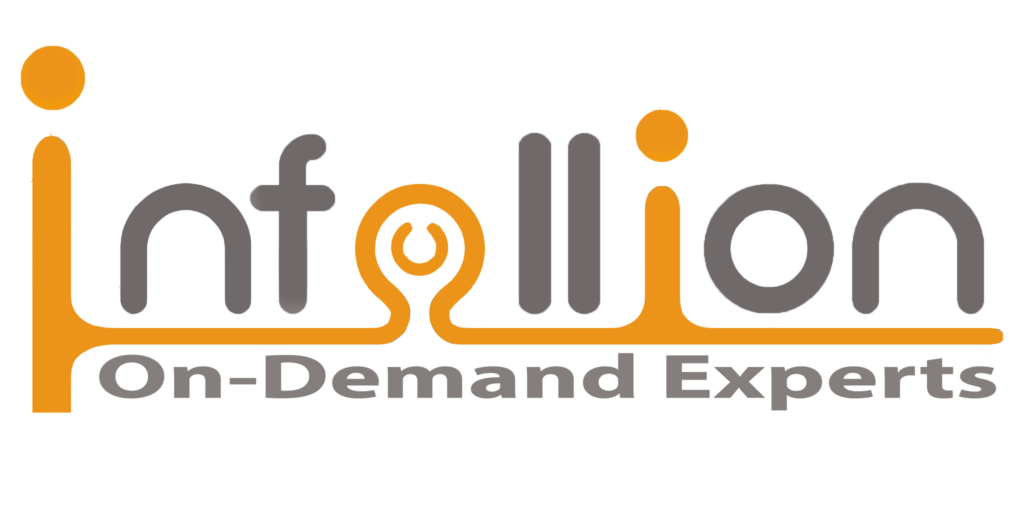Program Overview
In today’s decentralized, multi-tier global supply networks, transparency isn’t just a buzzword—it’s a business imperative. This program demystifies how blockchain technology enables end-to-end visibility, product authenticity, and tamper-proof documentation across complex supply chains. Participants will explore blockchain fundamentals (distributed ledgers, smart contracts, consensus mechanisms), and apply them to real-world use cases—like anti-counterfeiting in pharma, ethical sourcing in minerals, warranty tracking in electronics, and origin traceability in agri-exports. The session also covers the design of blockchain ecosystems, integration with ERPs and IoT devices, and key platforms (e.g., IBM Food Trust, VeChain, TradeLens). Risks, scalability, regulatory acceptance, and cost-benefit frameworks are also critically examined.
Curriculum
- 5 Sections
- 19 Lessons
- 10 Weeks
- Blockchain 101 for Supply Chain Professionals4
- 1.1Concepts: Distributed ledger technology, immutability, smart contracts, decentralized verification
- 1.2Key Terms: Node, Hash, Consensus Mechanism, Public vs Private Blockchain, Permissioned Network
- 1.3Why Blockchain?: Eliminating trust gaps, manual reconciliations, and data manipulation
- 1.4Diagram: Transaction flow on blockchain – from input to verification to immutability
- Key Use Cases Across Supply Chain4
- 2.1Application Zones: Source-to-pay traceability, Food/pharma origin tracking, Sustainability claims, Supplier authenticity
- 2.2Key Terms: Tokenization, Provenance, Smart Contract, Chain of Custody
- 2.3Real-life Insight: Global coffee brand traced bean-to-cup via blockchain to assure ethical sourcing
- 2.4Exercise: Design a basic blockchain flow for a raw material from origin to delivery
- Blockchain Platforms & Integration Logic4
- 3.1Platforms: IBM Food Trust, VeChain, Hyperledger Fabric, Ethereum (Private)
- 3.2Key Terms: DApp (Decentralized App), Wallet, Oracle, API Integration with ERP
- 3.3Case: Pharma supply chain integrated Hyperledger with existing SAP ERP to trace batch-level genealogy
- 3.4Toolkit: Platform comparison matrix – cost, use case fit, scalability
- Smart Contracts & Compliance Automation4
- 4.1Concepts: Trigger-based automation of compliance, payments, certifications
- 4.2Buzzwords: Self-Executing Agreement, Time Lock, KYC Smart Contract, On-Chain vs Off-Chain Data
- 4.3Situational Focus: Quality release tied to lab data triggering smart contract for payment
- 4.4Real-life Case: Electronics supplier automated warranty and inspection release via smart contracts
- Risks, Barriers & Governance Framework3






